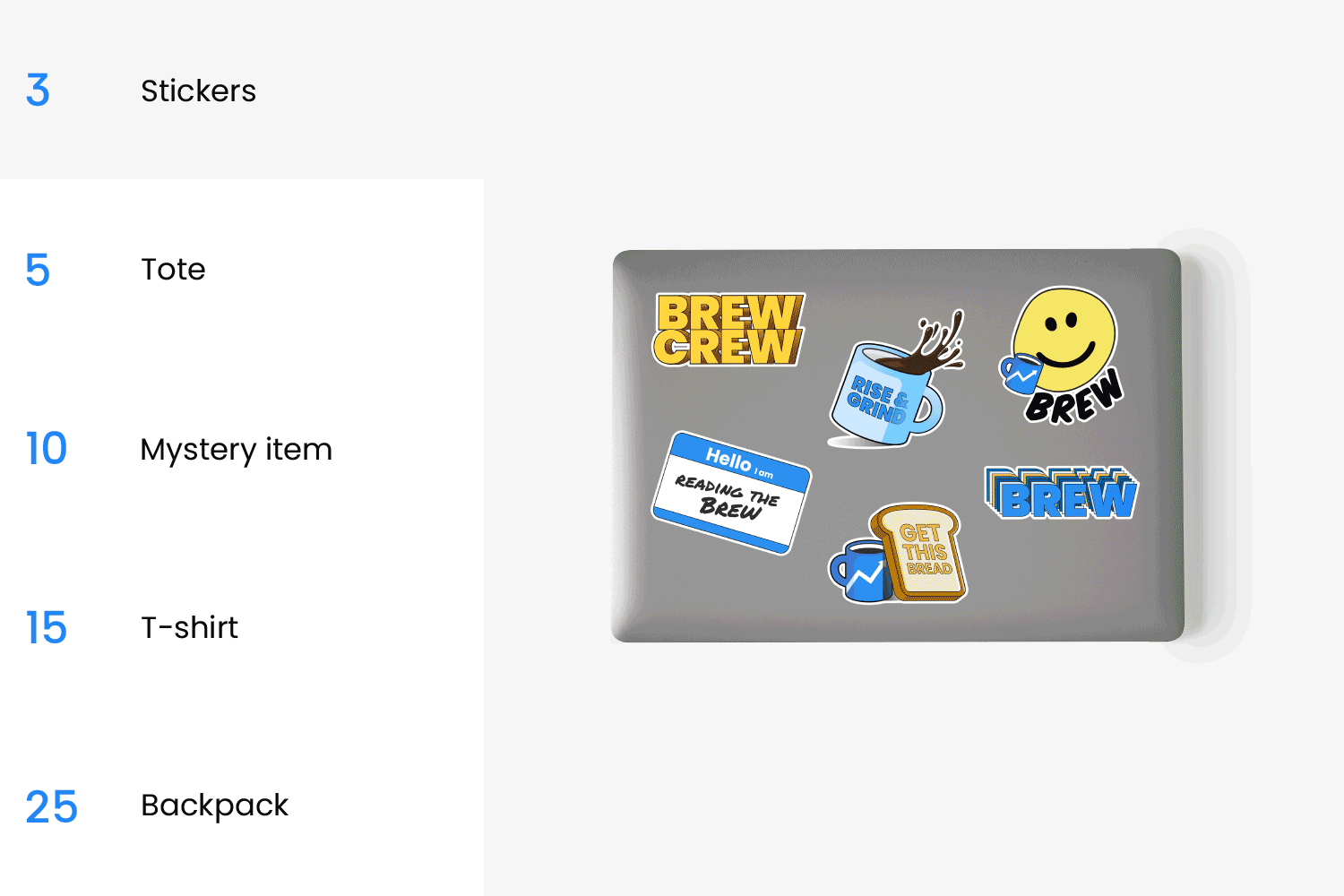|
Canaries were once used in coal mines to detect and alert workers to the presence of carbon monoxide in the air. While they’ve since retired from the mines, canaries may still have relevance in the workplace.
Ludmila Praslova, a professor of industrial organizational psychology at Vanguard University, draws a parallel between these vibrant yellow birds and neurodivergent workers in her book, The Canary Code: A Guide to Neurodiversity, Dignity, and Intersectional Belonging at Work. Published in May, the book serves as a guide to creating better workplaces for all employees.
Praslova shared insights from her book with HR Brew.
This interview has been edited for length and clarity.
Where does the name of your book come from?
In the UK, [before] the 1980s, every coal mine was required to employ two canaries, who were taken down and used as carbon monoxide detectors, because birds naturally have more intense air metabolism…When we’re talking about neurodivergent people, and multiple marginalized people, they tend to be more sensitive to whatever in the organization that is not really good for any human. For example, if it’s very rigid…there’s no flexibility in the place of work, people who are neurodivergent, disabled, caretakers, are more likely to be first impacted by those things.
Keep reading here.—MC
|








